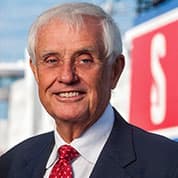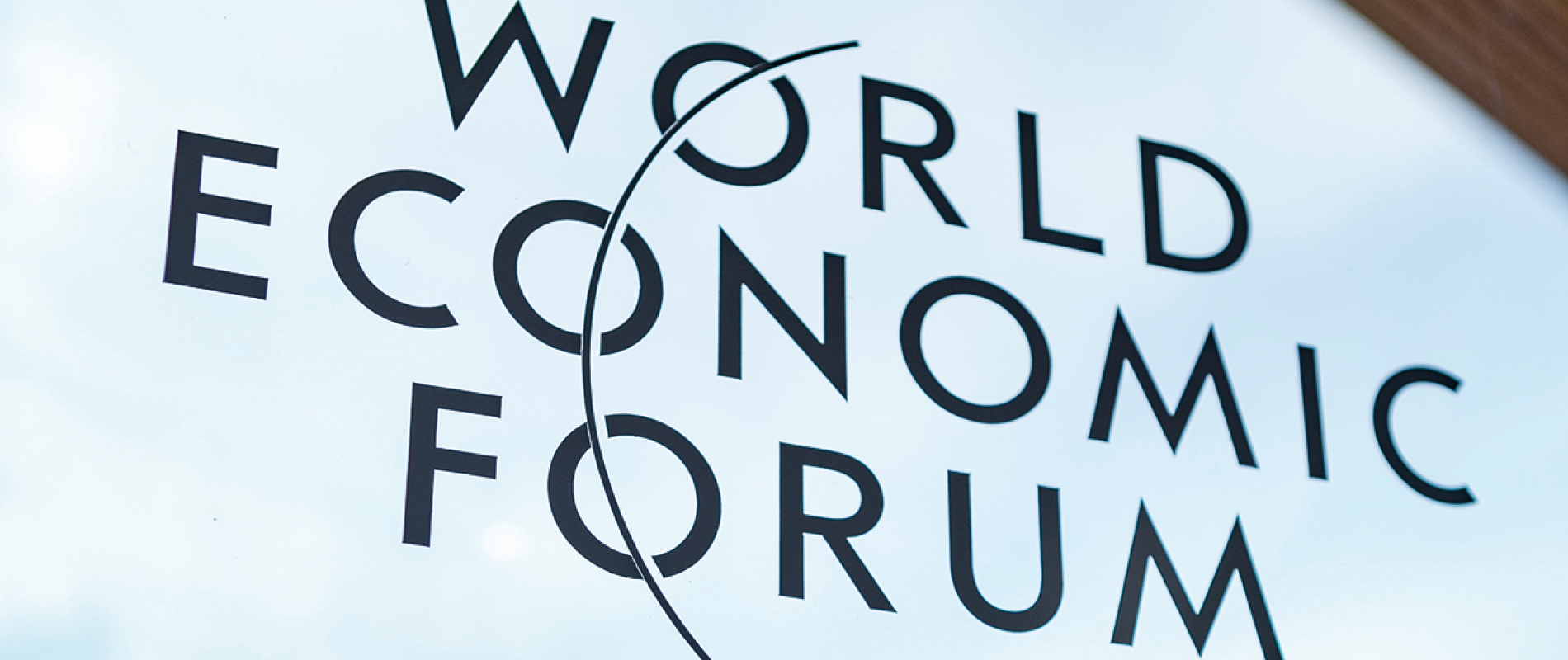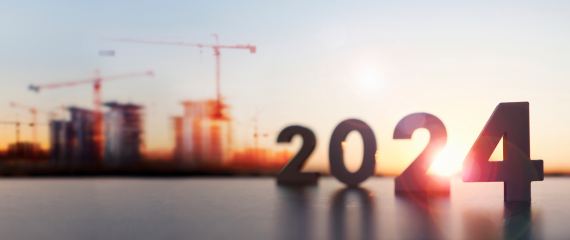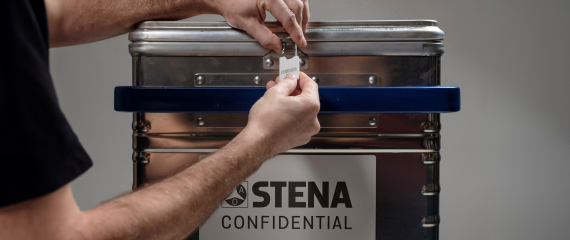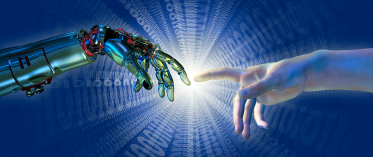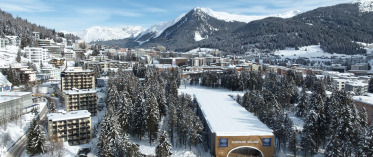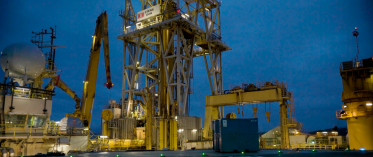DAVOS 2020
The week long World Economic Forum meeting in Davos is actually many different things.First and foremost it is a meeting place. Many of our customers and suppliers are represented there and one-on-one meetings are taking place everywhere in the little alp village. Through the event-app the 3,000 “partners” are in continuous dialogue with each other. It is speed-dating brought to a new level with the help of technology – and “everybody” is there.
Key conversations also take place within a handful of business sectors with specific topics and dedicated staff. I participate in both the “Transport and Logistics Governors’ meeting” as well as the “Oil and Gas Governors’ meeting”. In these meetings the key players in each industry raise topics that are of common concern for the sector. Reports and follow-ups on topics from last year’s meeting are discussed as well as agendas for the coming year. These meetings are the most important for me. The largest global forwarders and logistics companies are there. It is invaluable to come to the meeting half an hour early just to have a coffee with the other participants. It is very collegial and friendly but also grapple with the issues at stake, for example how the oil industry should decarbonize. For some inexplicable reason I opened the Oil and Gas meeting this year. The meetings are often followed up by dinners.
Alongside the industry sectorial meetings, are a host of formal interactions on topics that are of overriding concern. There are 5-10 such hour long seminars running in parallel from 7 in the morning to 8 in the evening. The underlying theme of these subjects is what is called “Stakeholder capitalism” which comes from the insight that no one actor or sector can fix the world’s underlying challenges. Only through dialogue between policy makers, the reasearch and academic communities, NGOs and corporations, can we make meaningful headway. The completely dominating subject this year was transitioning to a zero-carbon world. These discussions reflect a general disappointment with man’s inability to be stewards of our planet, recognizing that our environmental challenges probably are understated and that we are currently heading towards a 4 degree temperature increase. There is considerable frustration from governments, organisations and representatives from the younger generations, not least Greta Thunberg, who are calling for drastic and immediate action. It is obvious that democratically elected leaders from individual countries have very little global influence. Most fingers are therefore pointed towards industry without any deeper understanding of the basic premises that private enterprises in an open market operate from.
Several capitalists, and most NGOs, argue that we need to re-align our open and market based democracies for them not to lose more trust and credibility with the wider popu-lation. The UN Sustainability Development Goals are seen as one pathway to a better system. Corporates are still very divided, for good reason. A significant difference in tone came from a surprisingly united finance and insurance sector, as well as from the rating agencies, who probably will be setting the pace for moving away from carbons in the western world. There was much talk about decarbonization of the “hard to abate” sectors, which are cement, steel, chemicals, aviation, and shipping. Hydrogen produced by non-fossil electricity is the solution that is on everybody’s lips. Stena gets a lot of credibility for what we are doing with methanol.
The tone was also different this year, compared to last year, in that data driven technical solutions no longer are a novelty, but a fact. The broader question is how they will be used and if they can be regulated and taxed to the benefit of wider society.
Another arena is where politicians try to make statements. President Donald Trump held a very well attended speech, probably intended for domestic US voters in the up-coming election. He had a battery of statistics to show that the US had never been better and stronger and that the rest of the world were pessimists. China’s vice premier was also there, delivering a rosy speech on how his country would play an active part in forging our joint future. Ursula von der Leyen, the new president of the European Commission, outlined EU’s “New Green Deal” and focus on digital capabilities, noting that GDPR was a great success but that only one of the world’s 50 largest digital companies is European. There was assertiveness from both Europe and NATO, recognizing that they had to get their houses in order for them to be globally relevant. The superstar is Christine Lagarde, previous head of the International Monetary Fund and now heading the European Central Bank, who dominates the Euro-area and the debate amongst the central bankers. It was very interesting to listen to the prime ministers from both Finland and Austria, both 34 years old. They have a completely new vocabulary and probably relate to younger generations in a very different way than more established and older politicians. Initially I was very sceptical, but having spoken to them both, I am actually very hopeful and they certainly represent a more diverse, inclusive and interesting Europe.
After four days of meetings, on varying levels, with varying interaction, on completely different topics, it is time to go home. The breakfast meetings start at 6:30 and the last nightcaps are done well past midnight. The lack of sleep is compensated by good excercise. Davos is a village stretched along one single main road. I netted 20,000-25,000 steps a day on ice covered sidewalks, trying to run and push past the 15,000 or so additional attendees, the 6,000 policemen and the 500 journalists. It is an intellectual Disneyland and I am very privileged to be able to attend and represent Stena. On the other hand, it is obvious that we as a company and industry have formidable challenges in a world that is changing faster than ever. It is also frustrating to understand that the world does not have a play-book, our joint success is dependant upon what we, as individuals, do. And it is inspiring to understand that the more power we have – the more responsibilty we carry.
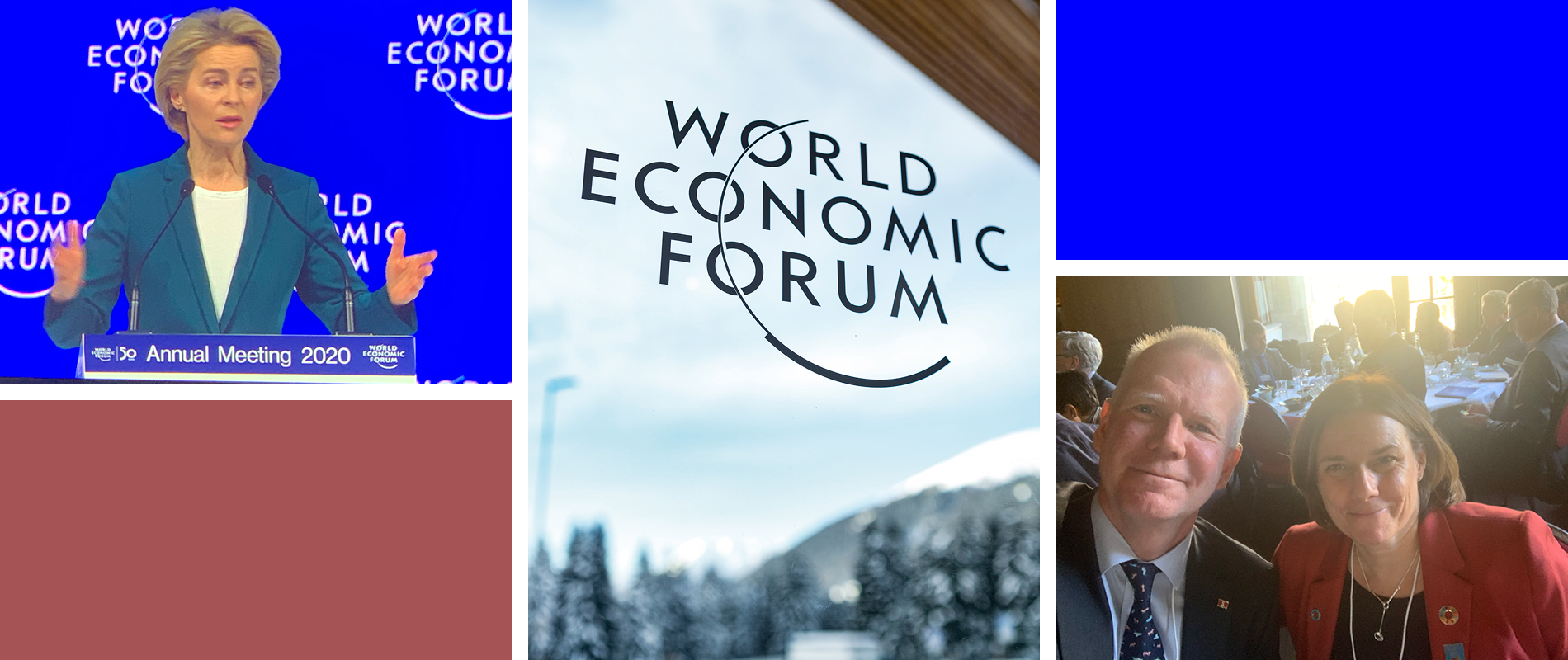
Left: Ursula von der Leyen, the new president of the European Commission. Right: Selfie with Isabella Lövin, Minister for the Environment and Climate, and Deputy Prime Minister of Sweden.
THE KEY TAKE-AWAYS FROM THE MEETING ARE:
- the world has two power nodes, they are the US and China, if anybody did not know
- the western world, and EU in particular, will politically drive a very aggressive environmental agenda the next few years that will hopefully unite the continent
- it seems that we have reached a tipping point where several major manufacturers are committed to paying for more sustain-able transportation services
- almost every company is now portraying itself as a logistics integrator in one way or another
- super platforms are taking over the world in “winner takes all” scenarios
- Stena is well recognized as a technically advanced boutique quality operator
Based on the above we have to make sure that Stena remains relevant by ensuring that our technical expertise and environmental work genuinely is in the heart of everything we do, in our strategy and in our identity. Also we must widen our horizons and see business opportunity where new technology provides completely new capabilities. Our logistics endeavors within shipping are therefore crucial. Our biggest challenge is that the world now moves very quickly. Public opinion, customers and competition are certainly not sitting still. We must be faster and better than we have ever been before.
Carl-Johan Hagman
29 January 2020
FACTS WEF
The World Economic Forum is considered as the most important international organization for public-private cooperation. The Forum engages the foremost political, business, cultural and other leaders of society to shape global, regional and industry agendas. Established in 1971 as a non-profit association. Headquartered in Geneva, Switzerland. Independent, impartial and not tied to any special interests. The Forum strives in all its efforts to demonstrate entrepreneurship in the global public interest while upholding the highest standards of governance. Moral and intellectual integrity is at the heart of everything it does.
Focus on three key strategic challenges:
- Mastering the fourth industrial revolution
- Solving the problems of the global commons
- Addressing global sequrity issues

